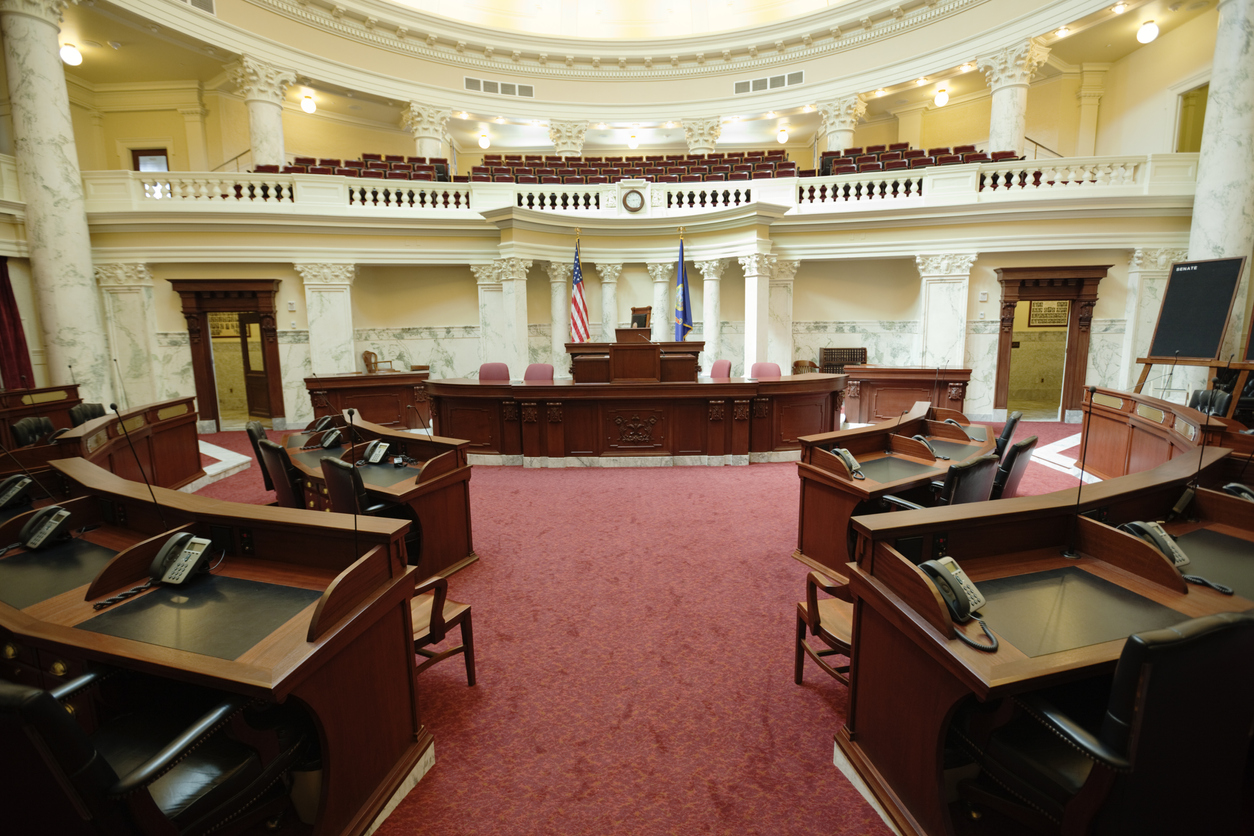There's precedent for Democrats' plan to circumvent the filibuster


A free daily email with the biggest news stories of the day – and the best features from TheWeek.com
You are now subscribed
Your newsletter sign-up was successful
Democrats' attempts to circumvent the filibuster to pass a major voting rights bill are "a rule-breaking power grab" that would not be "harmless" or "cost-free," Senate Minority Leader Mitch McConnell (R-Ky.) said Tuesday.
But what exactly are Democrats proposing?
Senate rules stipulate that 60 votes are needed to end debate on a bill — a procedure known as "cloture." As long as debate remains open, senators can filibuster, delaying or even preventing the passage of the legislation in question.
The Week
Escape your echo chamber. Get the facts behind the news, plus analysis from multiple perspectives.

Sign up for The Week's Free Newsletters
From our morning news briefing to a weekly Good News Newsletter, get the best of The Week delivered directly to your inbox.
From our morning news briefing to a weekly Good News Newsletter, get the best of The Week delivered directly to your inbox.
But, the Senate also has the power to change its own rules at any time with a simple majority vote.
In this case, changing the rules could mean a one-time exception limited to this particular bill — as Sen. Tim Kaine (D-Va.) has suggested — or a rule change allowing cloture by a simple, 51-vote majority for all future voting rights bills. Lowering the cloture threshold in this manner is known as the "nuclear option."
It's unlikely to happen. Sens. Joe Manchin (D-W.Va.) and Kyrsten Sinema (D-Ariz.) both oppose the rule change, leaving Democrats with only 48 votes.
If it were to happen, though, it would be the third use of the "nuclear option" in Senate history.
A free daily email with the biggest news stories of the day – and the best features from TheWeek.com
The first was in 2013, when then-Majority Leader Harry Reid (D-Nev.) allowed cloture by simple majority "for all nominations other than for the Supreme Court." This change enabled Reid to overcome Republican filibusters that were holding up several of then-President Barack Obama's nominees, NY1 reported.
At the time, McConnell threatened, "You'll regret this, and you may regret this a lot sooner than you think."
McConnell made good on his word in 2017 when he expanded Reid's carveout to include Supreme Court nominees. This ended what McConnell called the "first, and last, partisan filibuster of a Supreme Court justice," according to NPR. Democrats filibustered the nomination of Neil Gorsuch after McConnell refused to hold confirmation hearings for Obama nominee Merrick Garland.
Grayson Quay was the weekend editor at TheWeek.com. His writing has also been published in National Review, the Pittsburgh Post-Gazette, Modern Age, The American Conservative, The Spectator World, and other outlets. Grayson earned his M.A. from Georgetown University in 2019.
